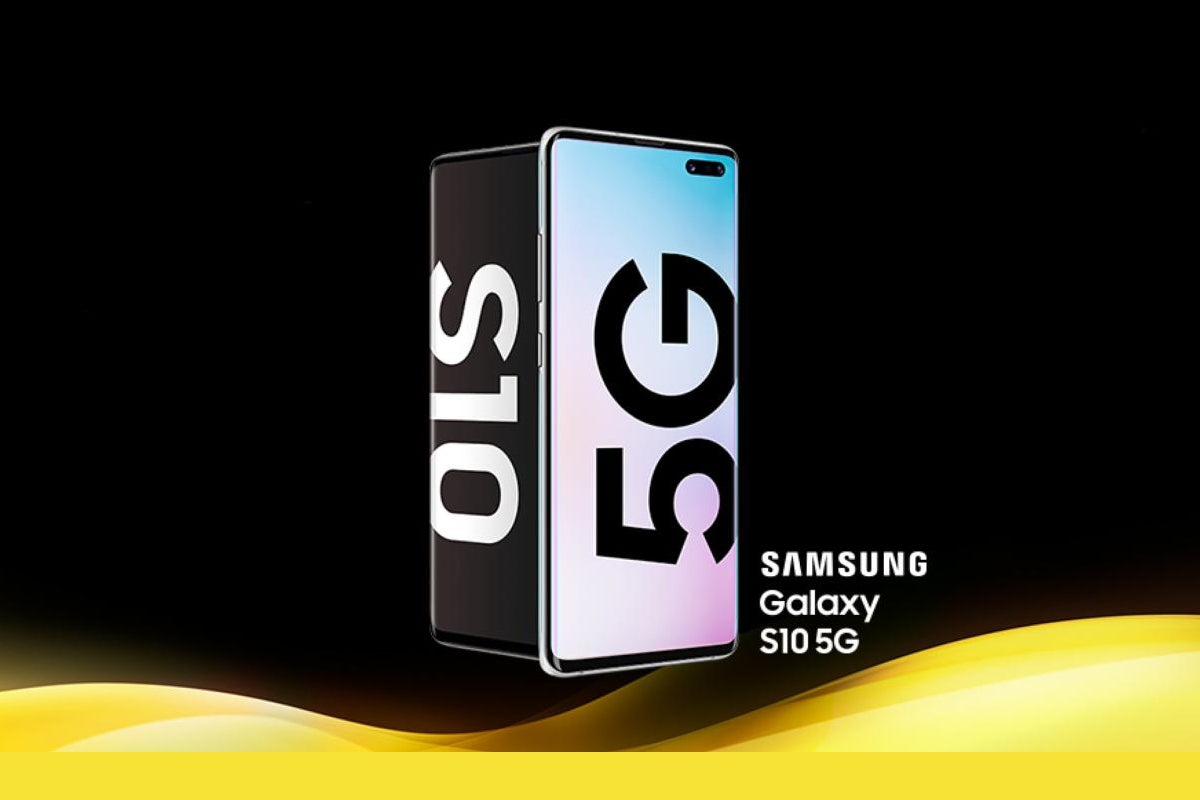Sprint's 4G LTE is not much slower than T-Mobile's 5G network, at least for now

Sprint's Galaxy S10 5G is no longer a 5G-capable phone
We're not talking a temporary limitation of any sort either, with the aforementioned models instead permanently turned into 4G LTE-only products now. That was definitely not something advertised during the lengthy approval process of the highly publicized T-Mobile/Sprint merger, but there are at least two reasons why that's not such a horrible thing after all.
The most important aspect is perfectly illustrated in a newly published RootMetrics report, revealing Sprint's median 4G LTE download speed of 38.3 Mbps in Atlanta was incredibly close to AT&T and T-Mobile's similar scores of 43 and 40.1 Mbps... on 5G. Atlanta was an early Sprint 5G market, mind you, but due to T-Mobile's spectrum refarming process, devices like the Galaxy S10 5G are no longer capable of acquiring a 5G signal around those parts.
That 38.3 Mbps speed result registered in the first half of 2020 highlights, however, the little-known strength of Sprint's 4G LTE network, but perhaps more importantly, it reminds us just how slowly 5G is evolving for pretty much all of the nation's top carriers. In case you're wondering, RootMetrics was unable to "record enough test samples on Verizon's 5G to accurately characterize its 5G median download speed" in Atlanta, which greatly sums up Big Red's blazing fast but horribly spotty "Ultra Wideband" network.
In other words, your 5G to 4G LTE downgrade on Sprint shouldn't make much of a difference in terms of actual download speeds, at least for the foreseeable future. Besides, it's relatively easy and decidedly affordable to switch to a Galaxy S20 5G-series device and look forward to all of T-Mobile's major network improvements in the pipeline, culminating with the so-called "layer cake" rollout, which has already taken place in New York City.
This combines all three different flavors of 5G technology, enabling truly significant speed upgrades while also guaranteeing large-scale availability. It's basically the ultimate 5G dream, but unfortunately, it's still a distant one for many US markets.
Follow us on Google News

















Things that are NOT allowed:
To help keep our community safe and free from spam, we apply temporary limits to newly created accounts: